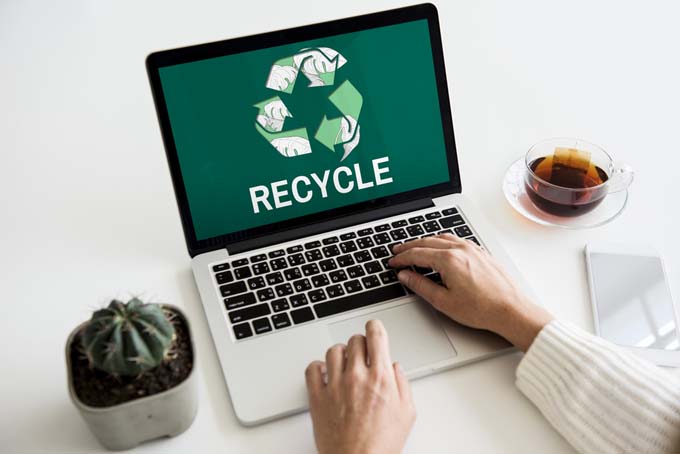World's first gigafactory for pure solid-state batteries
Solid-state batteries are considered the successor technology to conventional lithium-ion batteries and have a significantly better environmental balance. Switzerland is now the first country to go into series production with this technology.

The shift to renewable energy needs electricity storage, especially in view of the rapid increase in electricity consumption and skyrocketing energy costs. But conventional battery technologies create serious resource and waste problems. Lithium-ion batteries have revolutionized the battery world. But now that their production and use are soaring to astronomical heights, the downside of this development is emerging: Raw materials are needed whose long-term availability is not guaranteed and some of which are extracted under inhumane conditions. There are safety risks, as the batteries can lead to fires and explosions that are difficult to extinguish. And, most importantly, there will be a huge mountain of waste in the near future. This is because the lifespan of conventional lithium-ion batteries is very limited. They reach the end of their life after a few thousand charging cycles at the latest. Solid-state batteries are quite different: They are said to be more durable and have other advantages as well.
Solid state batteries: Mat least 50 % better in the environmental balance sheet
Swiss Clean Battery AG, founded in Frauenfeld in February 2022, wants to leave the international competition behind with its environmentally friendly, safe and high-performance product. Solid-state batteries are to be produced on a large scale in a new factory. These contain no critical raw materials such as cobalt, are resistant to deep discharge and can be charged quickly. Solid-state batteries have been regarded for years as a promising successor technology to conventional lithium-ion batteries. Accordingly, they are the subject of research in numerous laboratories around the world. So far, however, it has not been possible to develop high-performance rechargeable batteries with fixed-ion conductors: A key technical problem is to bring the fixed ion conductor in the battery cells into a stable connection with the electrodes. Many research projects are based on a "modular design" in which individual components are combined outside the cell and then inserted into the housing. This leads to problems with the transfer of ions at the material boundaries between the electrodes and the fixed ion conductor. After more than 30 years of basic research, it has been possible to solve this problem: In this new approach to solving the problem, the fixed ion conductor is formed in the battery cell itself, similar to a multicomponent adhesive. This overcomes the transition problems compared to modular construction.

Ambitious targets - and IPO planned for the fall
The company's ambitions are great: In the first production phase of 1.2 GWH, SCB AG is planning sales of CHF 318 million. For this purpose, CHF 246 million are planned to be invested in the machinery. In this first stage, SCB AG employs 181 people. A production area of 20,000 m2 will be built in order to produce 7.2 million battery cells per year. The enterprise value in this first stage is CHF 1.3 billion, with a conservative multiple of 18. In addition to debt financing for the production facility, an initial public offering (IPO) is targeted for October 2022 on the Zurich Stock Exchange. In the final phase, SCB AG is expected to produce 7.6 GWH, with an investment of CHF 775 million and sales of over CHF 2 billion. Approximately 100,000 m2 of production area will be built for this purpose. At this stage of expansion, SCB AG will produce nearly 48 million battery cells per year with 1061 employees. The company will then be worth CHF 8.6 billion. SCB AG is managed by CEO Roland Jung, CFO Peter Koch and COO Dr. Thomas Lützenrath. He is also the COO of High Performance Battery AG, the licensing technology company.
More information: https://www.highperformancebattery.ch/de/









